Content

Wastewater treatment chemicals for noodle soup boilers are substances used to treat wastewater generated from noodle soup production. Some common types of these chemicals include: 1. Coagulants: These chemicals are used to destabilize particles in the wa
Update: 16/08/2023
Share:




What is the wastewater treatment chemical for noodle soup factories?
The wastewater treatment chemical for noodle soup factories includes various chemicals or methods applied in treating wastewater from the production of noodles, pasta, or related food products.
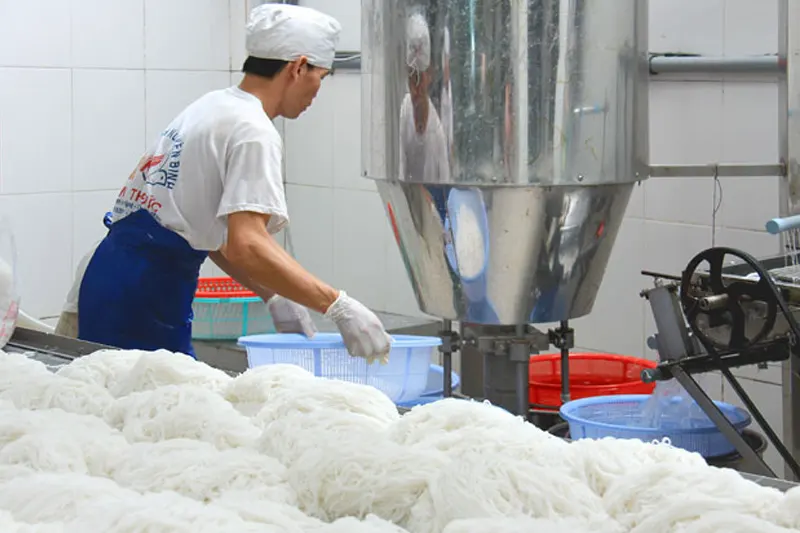
During the production of noodles, wastewater containing organic substances such as rice flour, excess wheat flour, grease, and other compounds is generated. To treat this wastewater, it is necessary to select chemicals or methods that provide high efficiency and ensure no harm to the environment.
Some chemicals for treating wastewater from noodle soup factories
Generally, there are many types of chemicals used in treating wastewater from noodle soup factories. Some of the chemical groups include:
Coagulant and Flocculant Chemicals
This group of chemicals primarily works to bind solid particles or suspended solids in wastewater into larger particles or flocs.
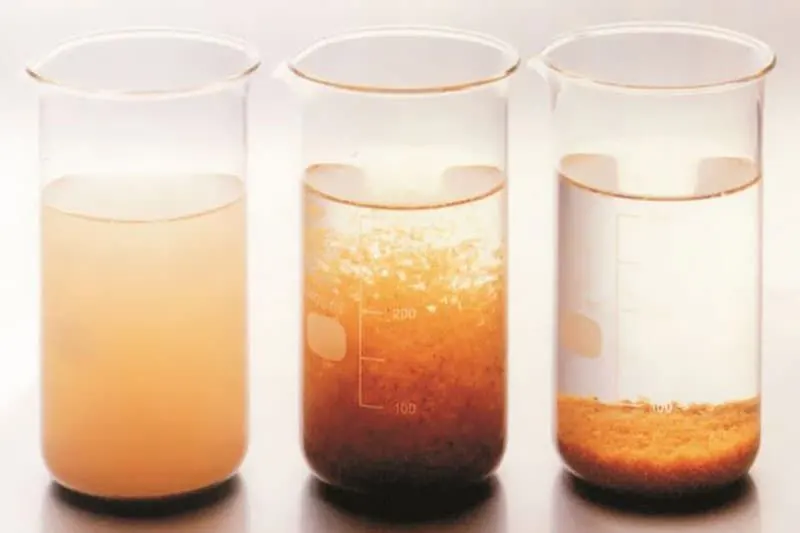
This helps in easily separating and filtering solid particles from water through filtration or settling methods.
Organic Treatment Chemicals
The basic characteristic of wastewater from noodle soup factories is the high concentration of organic matter. If not treated, it will quickly decompose, causing foul odors and serious environmental pollution. Therefore, methods or organic treatment chemicals need to be used.
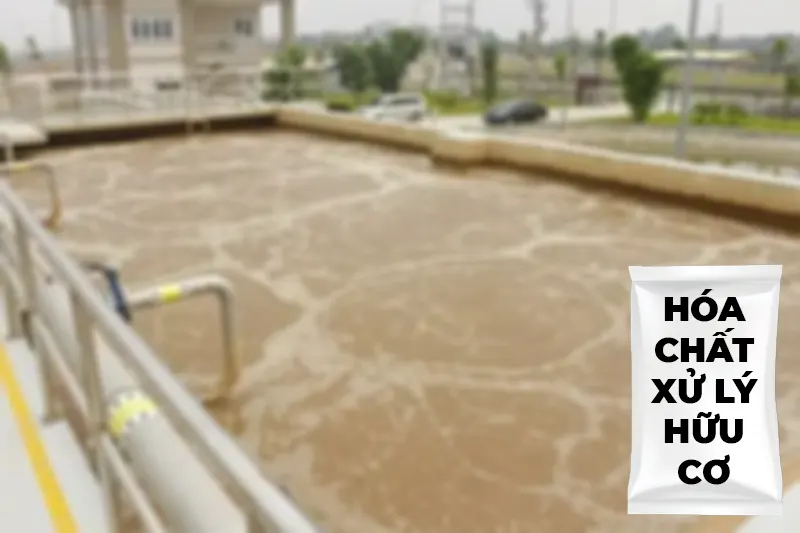
These chemicals include enzymes and bacteria that help remove organic compounds in wastewater, reducing environmental pollution. Organic treatment chemicals are commonly used in aerobic biological tanks of noodle soup wastewater treatment systems.
Grease Treatment Chemicals
Grease is also one of the components that cause pollution in wastewater from noodle soup factories. Therefore, grease treatment chemicals may need to be used to minimize the risk of environmental pollution.
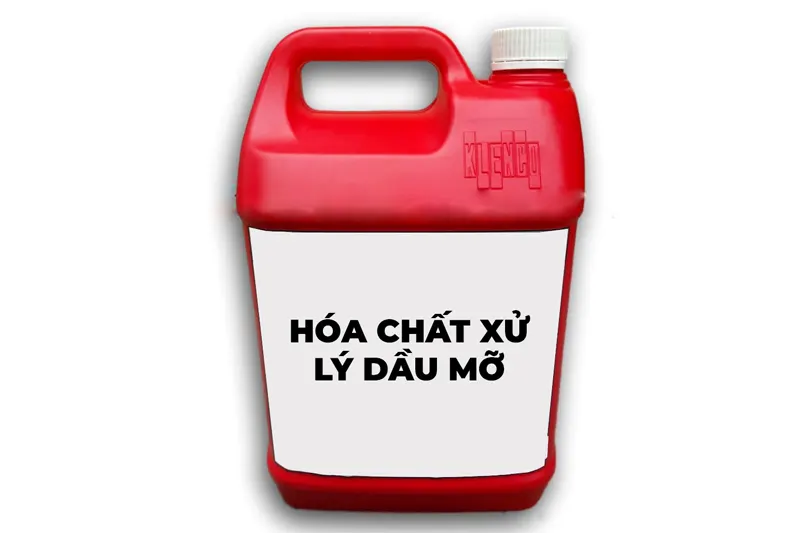
Some chemicals have the ability to disperse grease or accelerate the oil separation process from wastewater. This leads to higher treatment efficiency and faster processing time.
pH Balancing Chemicals
pH levels affect the wastewater treatment process. Meanwhile, wastewater from noodle or pasta production processes always has unstable pH levels.
To ensure the efficiency of wastewater treatment, it is necessary to use some types of chemicals to adjust the pH of the system.
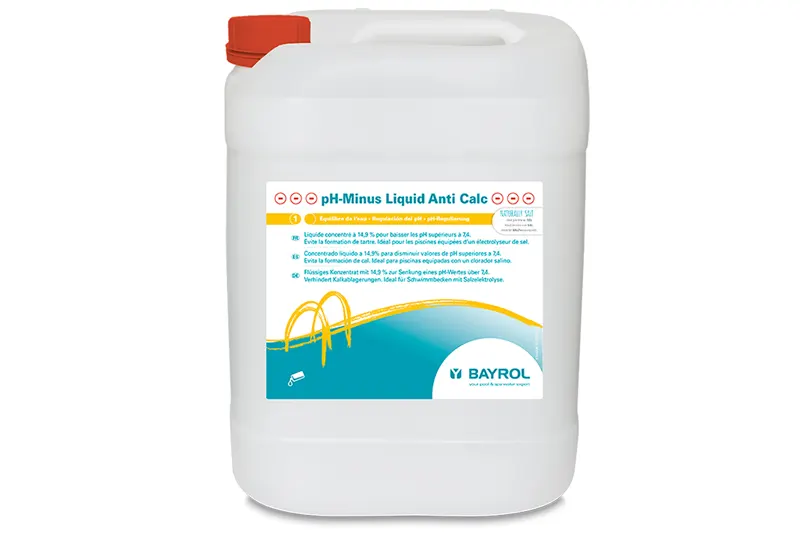
These chemicals can help increase or decrease the pH according to the requirements of the wastewater treatment processes. This contributes to superior treatment efficiency and ensures that the wastewater meets environmental technical standards as required.
Disinfectant Chemicals
Wastewater from noodle soup factories may contain a large amount of bacteria and viruses. If discharged into the environment, it can cause pollution or disease outbreaks. Therefore, to ensure that the wastewater does not contain harmful bacteria, disinfectant chemicals such as chlorine are needed for the final treatment stage before releasing the wastewater into the environment.
Guidelines for choosing wastewater treatment chemicals for noodle soup factories
In general, the selection of wastewater treatment chemicals for noodle soup factories depends on various factors. Specifically:
Characteristics of the wastewater
To choose the appropriate chemicals or methods for treating wastewater, it is necessary to understand the composition, pollutant levels in the wastewater such as organic matter ratio, inorganic substances, solid particles, suspended solids, grease, etc. Additionally, it is essential to learn more about the pH and temperature of the wastewater.
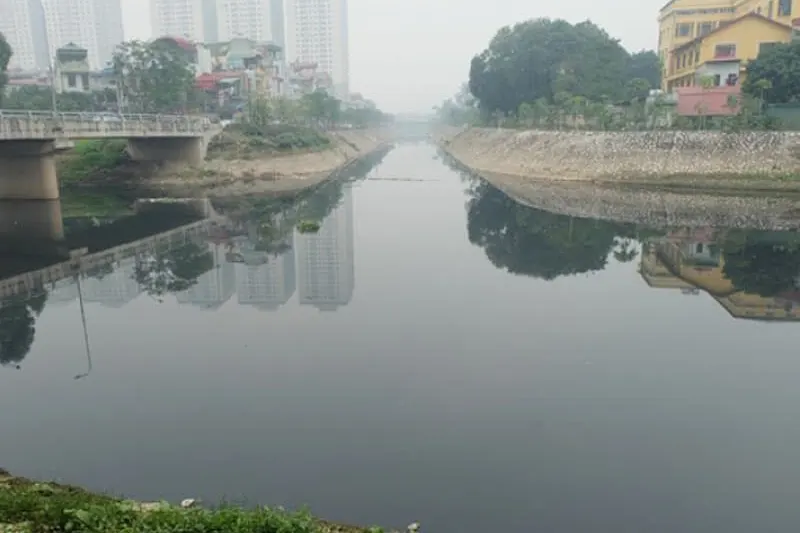
Through analysis, you will identify the existing issues in the wastewater. From there, you can choose the most suitable treatment method.
Understanding environmental regulations
To build a professional and effective wastewater treatment system, it is essential to thoroughly understand relevant environmental regulations and standards.

This will help you choose the type of chemicals and methods that align with the standards. It also helps to avoid violations of environmental regulations.
Seek advice from experts
In reality, very few noodle soup factory owners have in-depth knowledge of wastewater treatment methods and techniques. Therefore, selecting treatment chemicals can be challenging.
To make the most informed decision, you need to seek advice from experts or specialized wastewater treatment companies like Toan A.
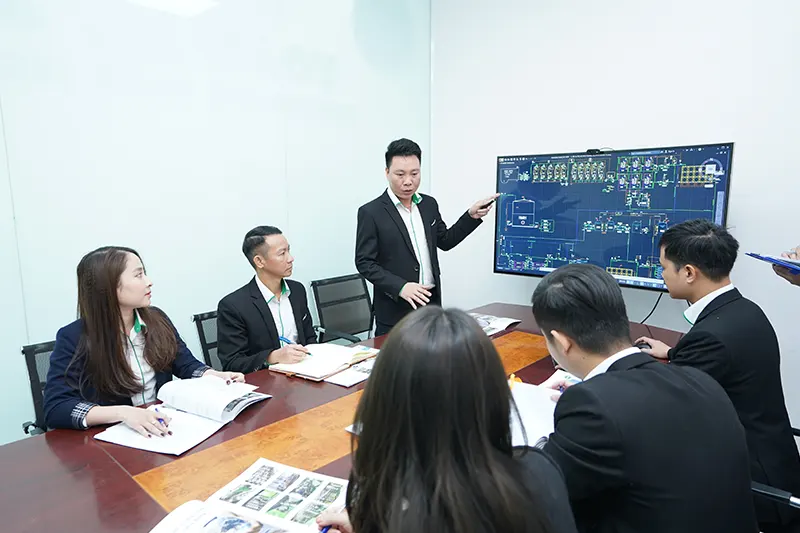
Here, they can provide the most accurate assessments of the characteristics of wastewater from noodle soup factories, your needs, and the regulations regarding wastewater treatment. They can also propose suitable solutions.
Utilize combined methods
Generally, there is no single chemical or treatment method that can completely remove pollutants from wastewater. Therefore, it is necessary to combine the use of various chemicals and methods to achieve the best results.
The combination of chemical use or methods should be carried out following scientific and professional procedures to ensure fast and effective treatment without overlapping or affecting other processes in the system.
Above are the information about wastewater treatment chemicals for noodle soup factories, common chemicals used, and guidelines for choosing the appropriate ones. Hopefully, it has provided you with the necessary information. If you have any further questions, feel free to contact us for direct advice from experts.
Update: 16/08/2023
Share:




Related news
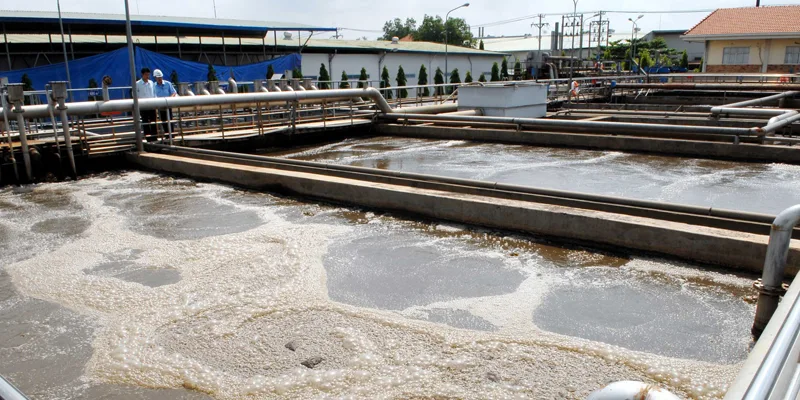
Industrial wastewater refers to the contaminated water generated from industrial activities. It typically contains a variety of pollutants, such as chemicals, heavy metals, oils, and other harmful substances. The composition of industrial wastewater can v
Industrial wastewater is contaminated water that can harm human health and the environment if not properly treated. The article below will provide more information about this hazardous wastewater and how to treat it most effectively.
Created at: 05/07/2024
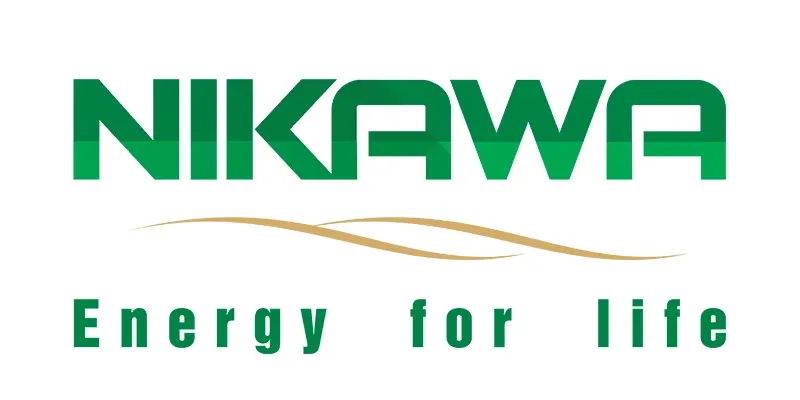
NIKAWA - Bringing pure water to every family
Nikawa has become a familiar name to Vietnamese consumers, offering a range of home and industrial water filtration systems. These products utilize advanced technology to completely remove impurities, bacteria, viruses, and heavy metals from water, providing users with pure and safe water.
Created at: 27/05/2024
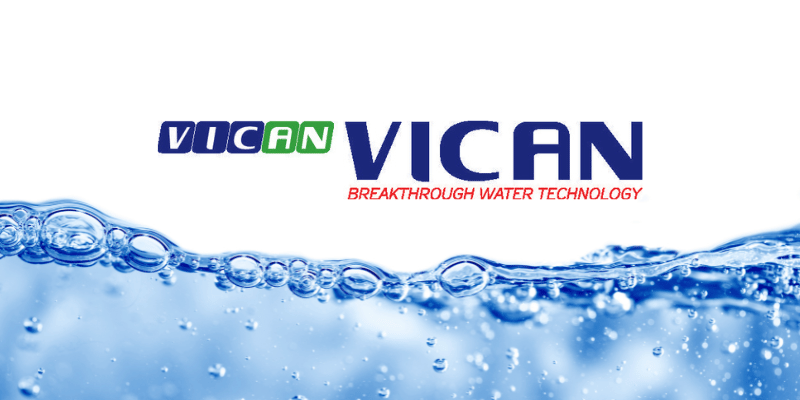
VICAN: A reputable supplier of water filtration and wastewater treatment solutions.
Vican is a reputable brand under the Vican International Group, specializing in providing advanced water filtration and wastewater treatment solutions for various applications, ranging from households and businesses to industrial zones or large-scale projects. With over 20 years of extensive experience in the industry, Vican has established a leading position in the Vietnamese market and expanded internationally, offering optimal solutions to customers worldwide.
Created at: 27/05/2024




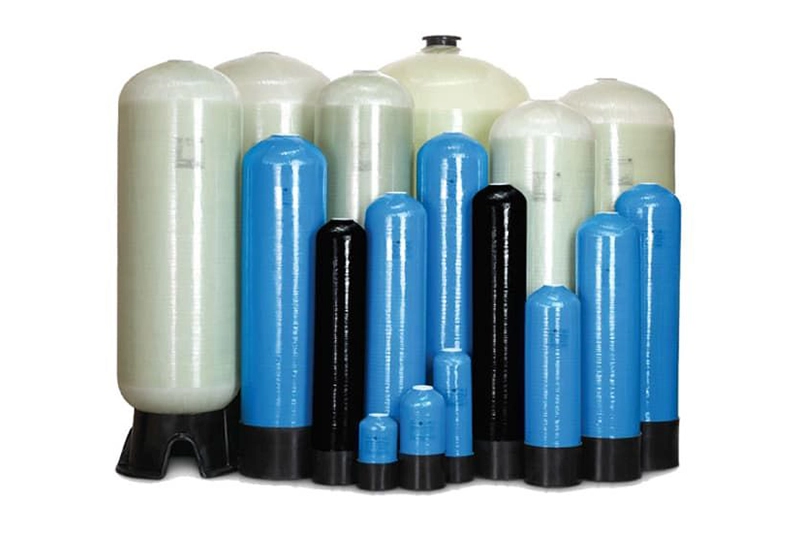
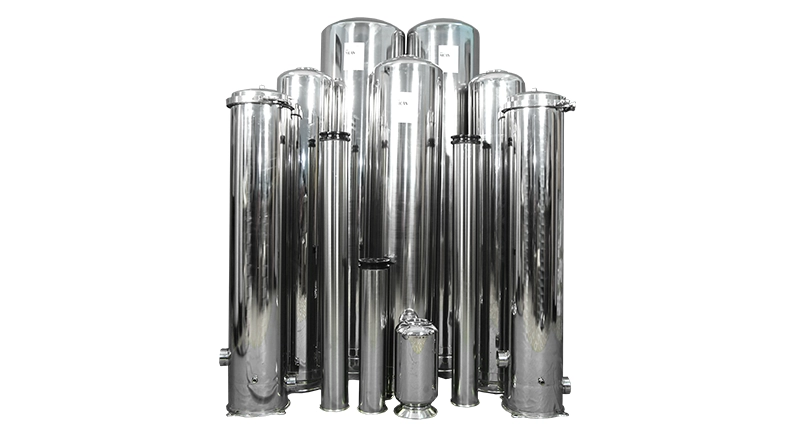
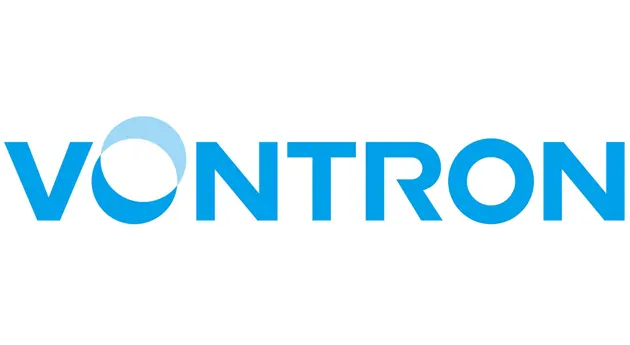
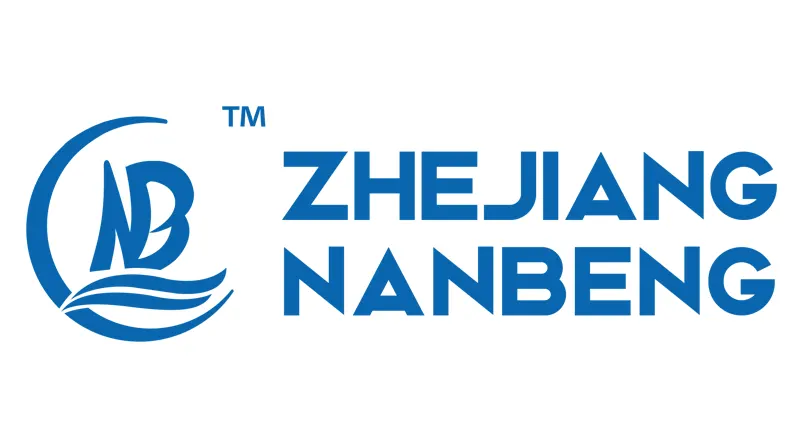
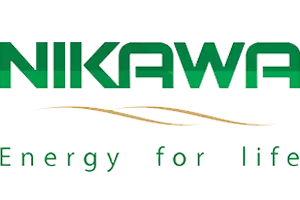
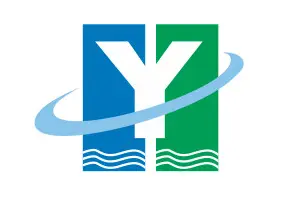
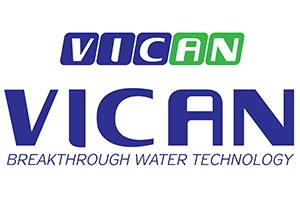
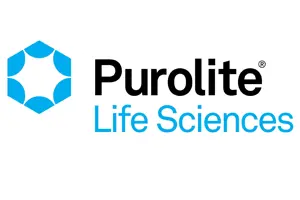





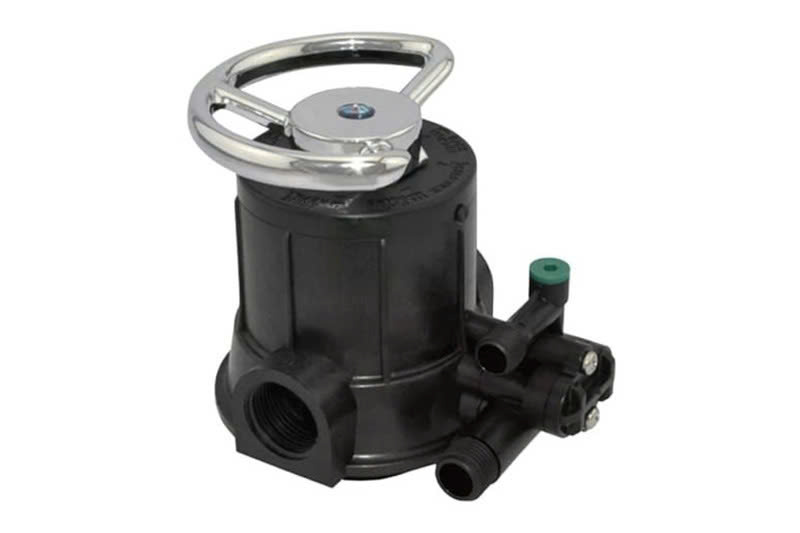
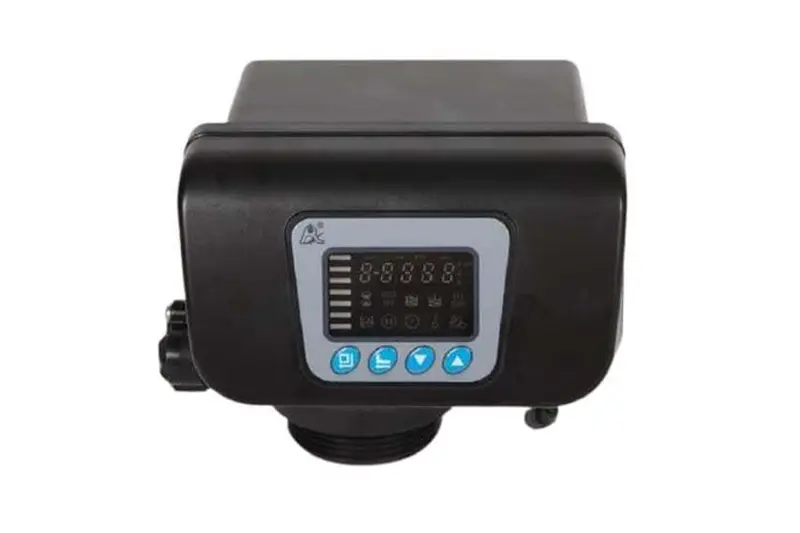


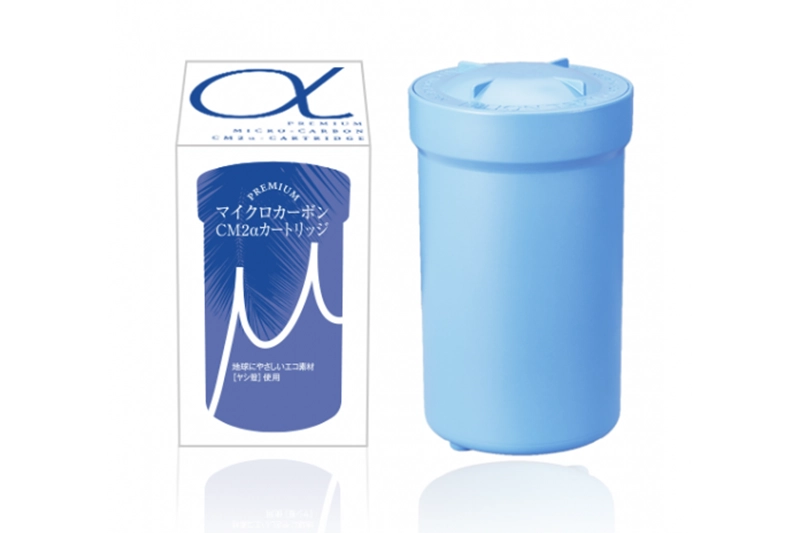
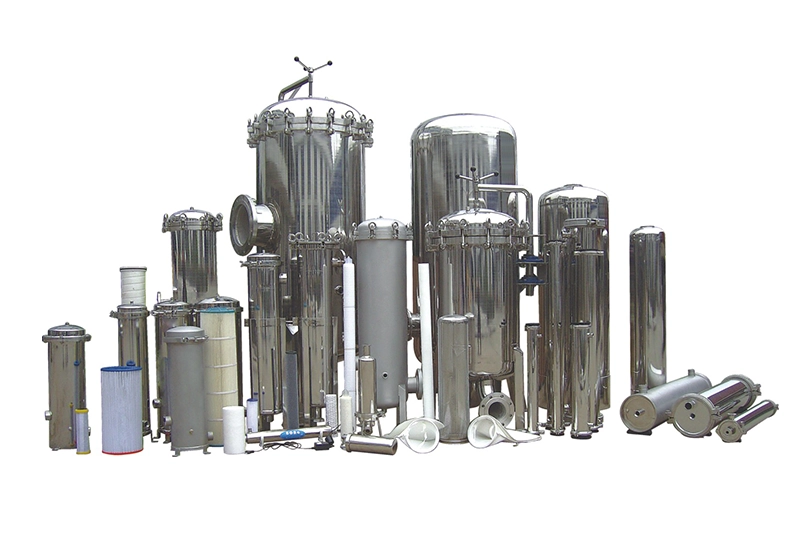
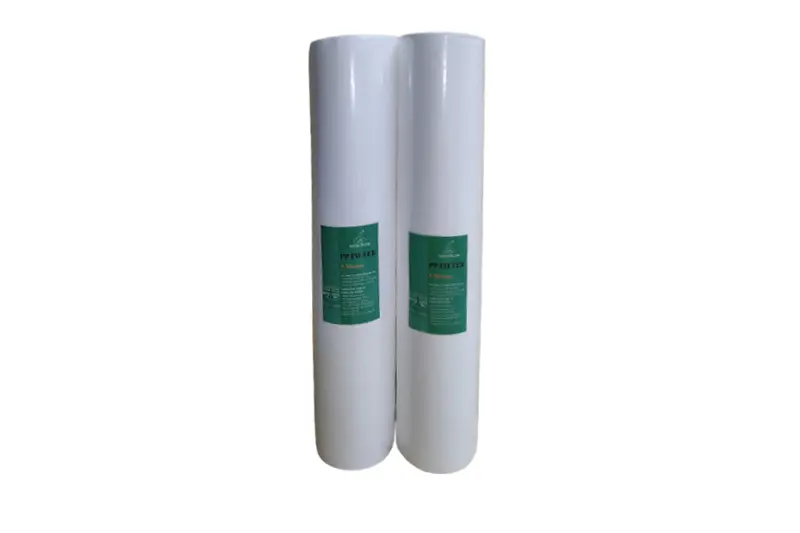
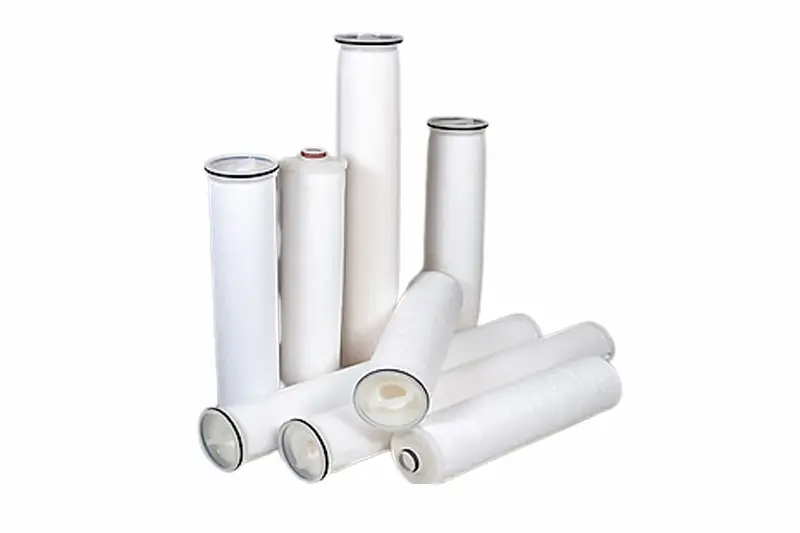


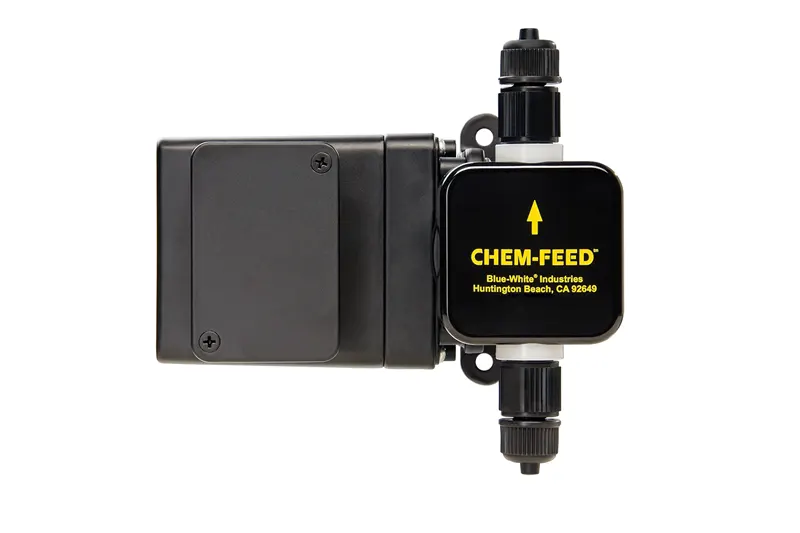
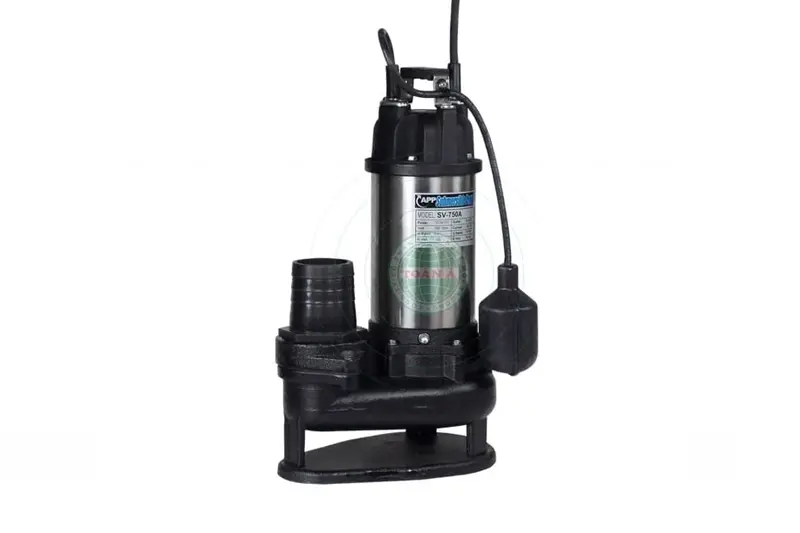
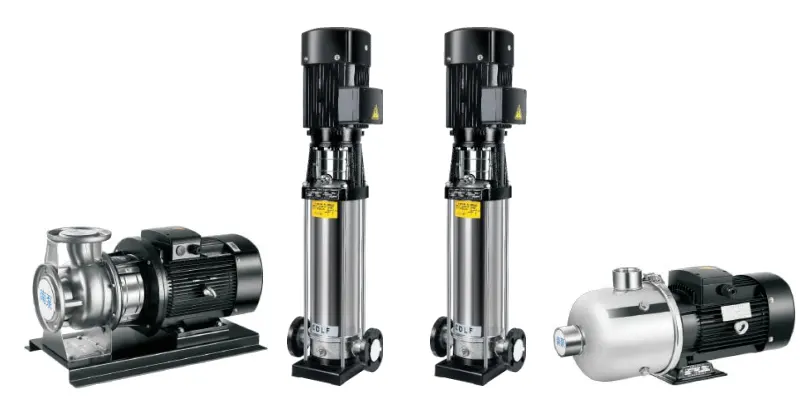


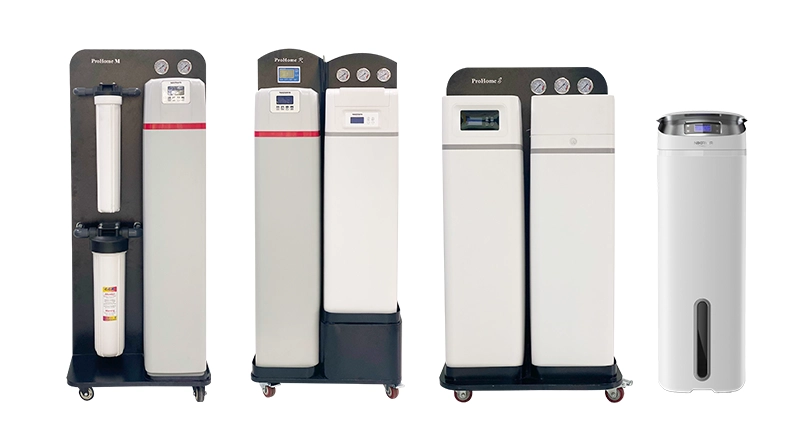
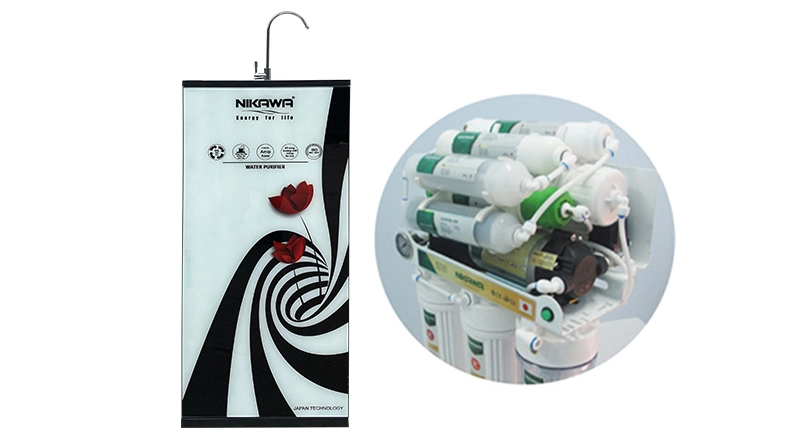
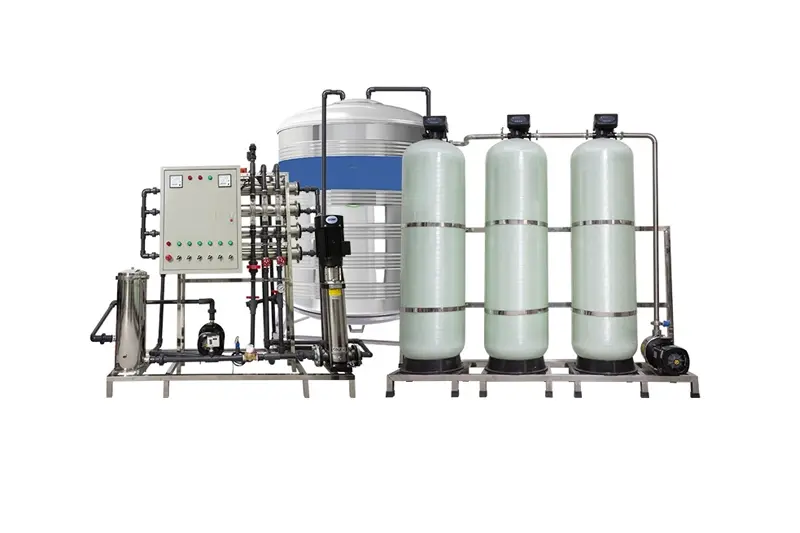
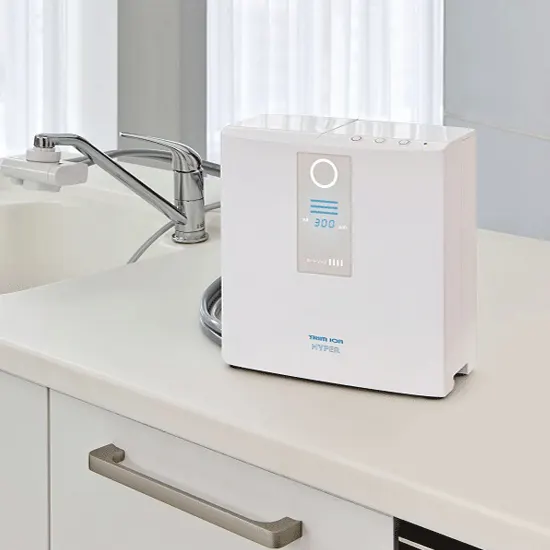
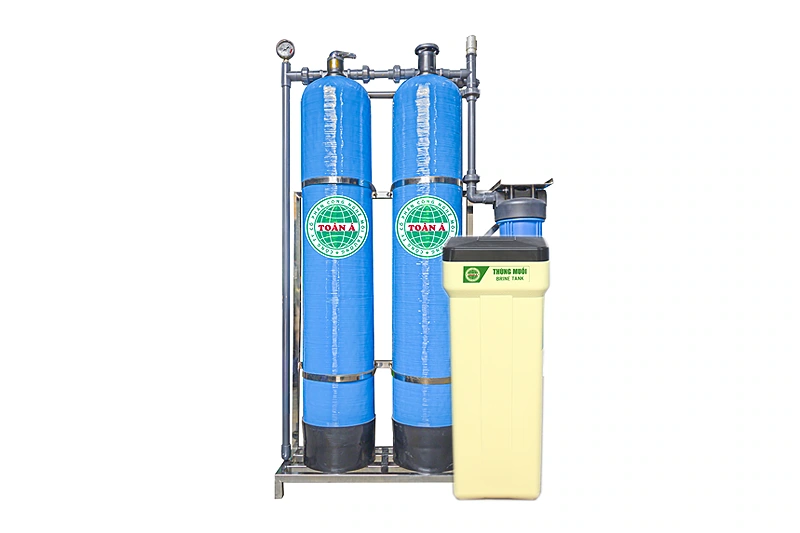


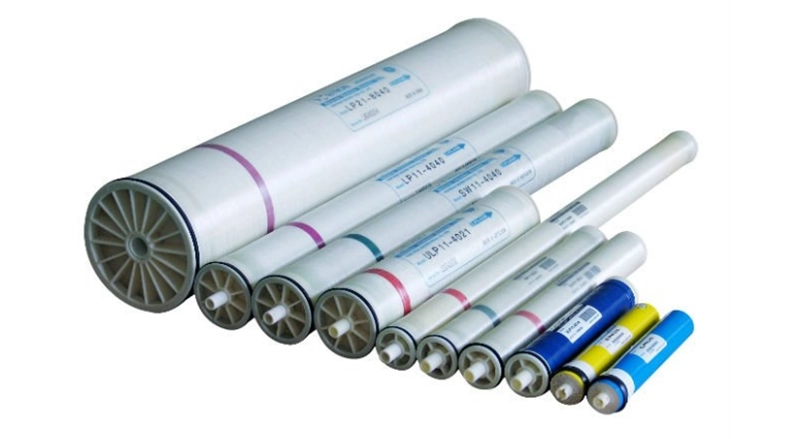
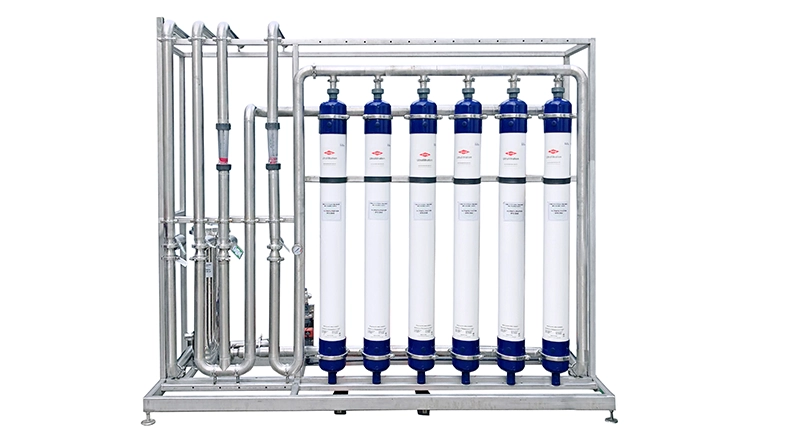


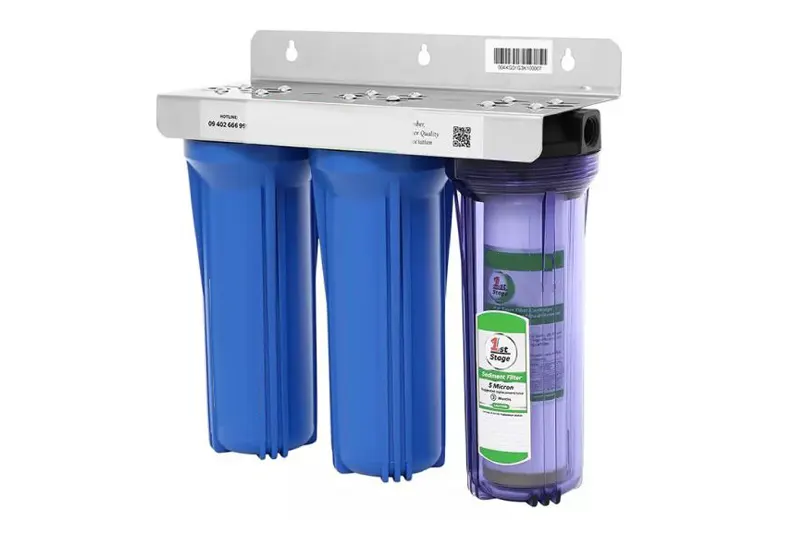
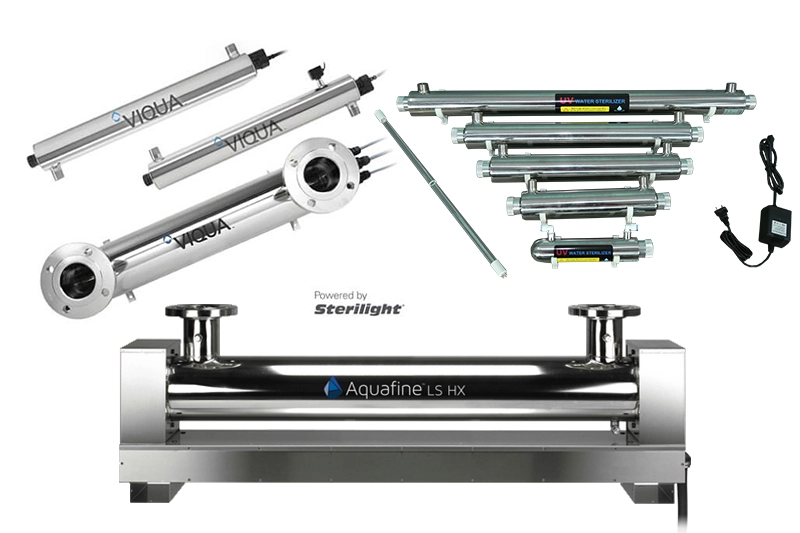
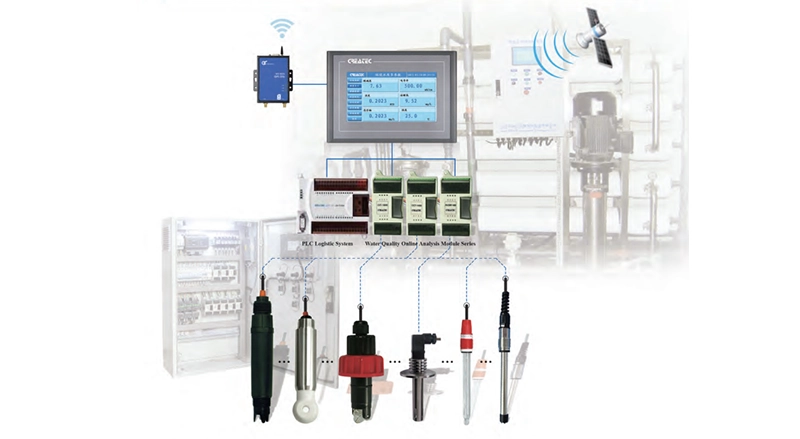
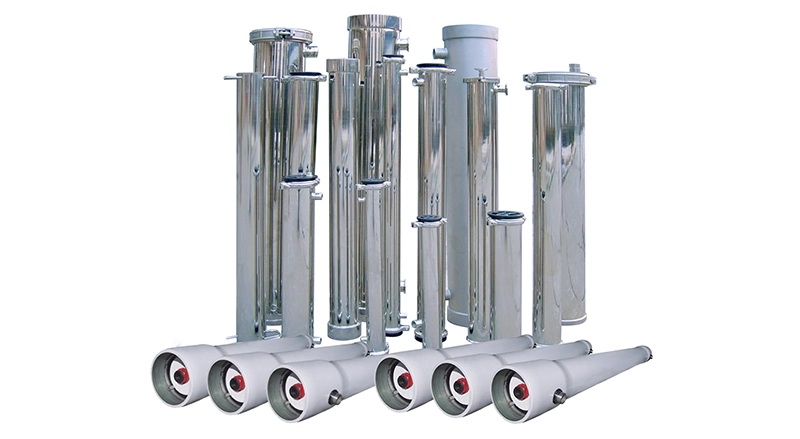
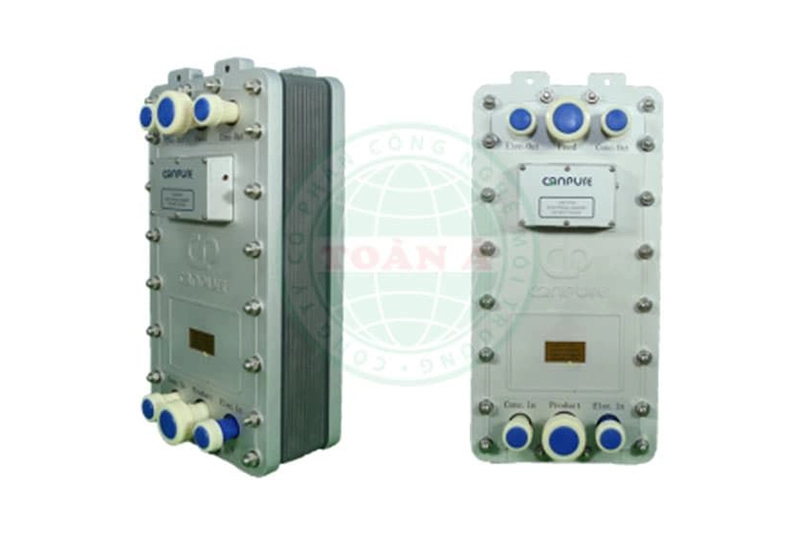
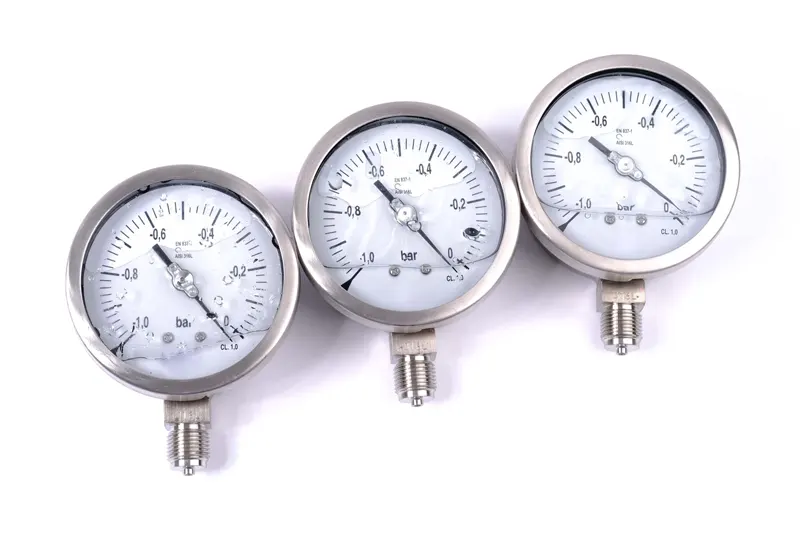
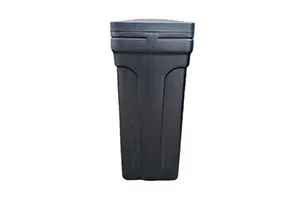


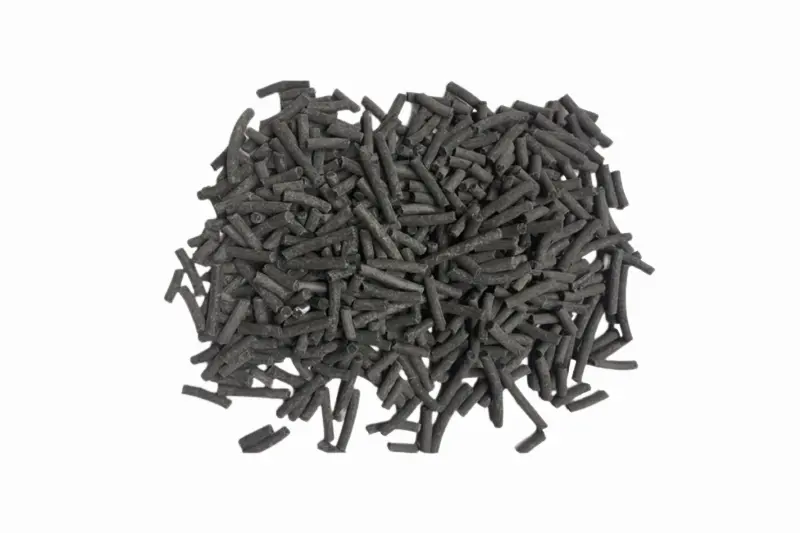
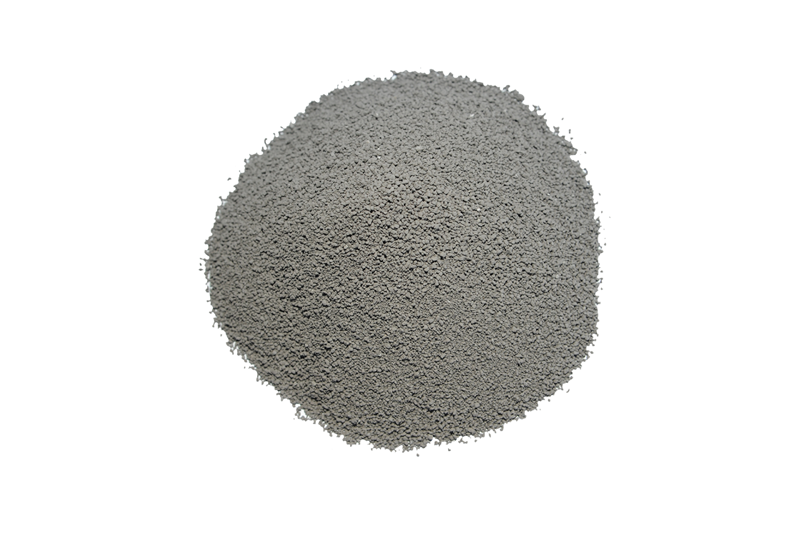
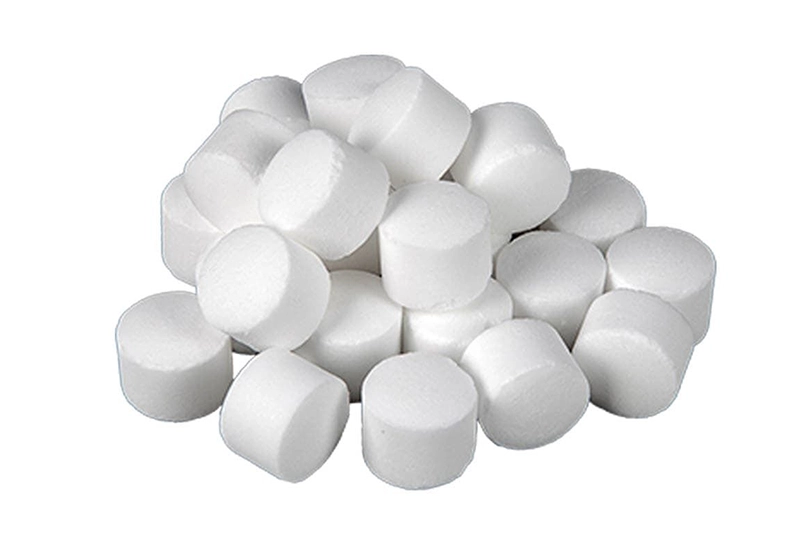
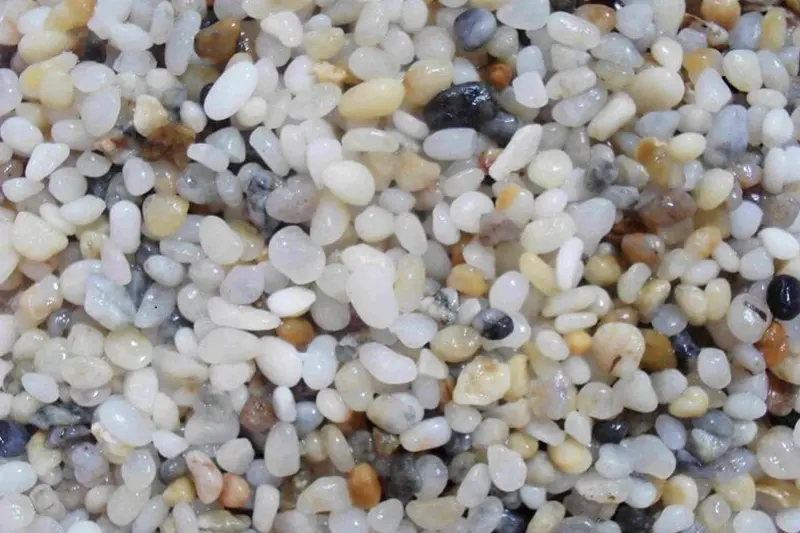
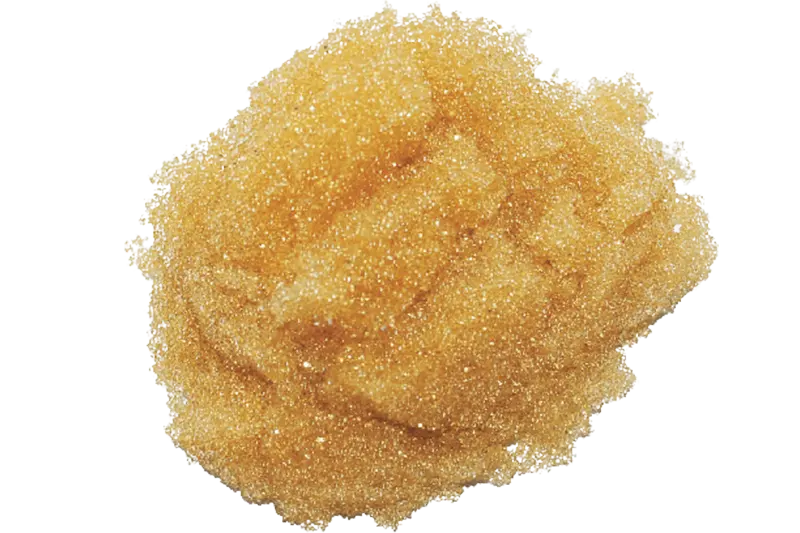




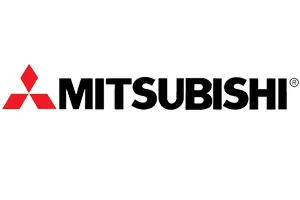

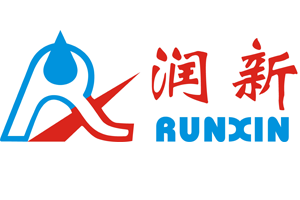
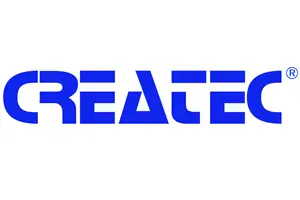
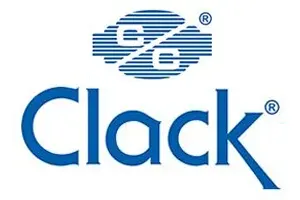
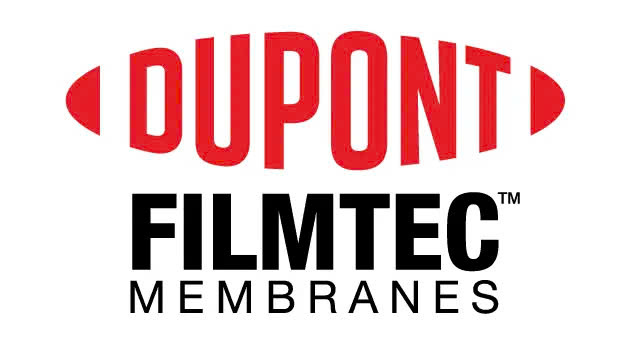
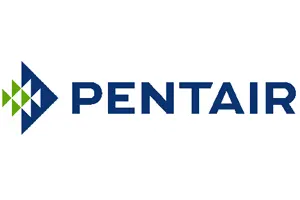
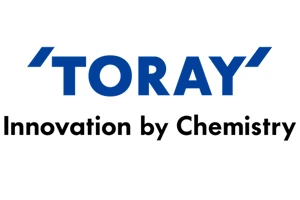

 Water Filter Columns
Water Filter Columns
 Water Filtration Membranes
Water Filtration Membranes
 Control Valves
Control Valves
 Water Filter Cartridges
Water Filter Cartridges
 Water Pumps
Water Pumps
 Water Filtration Equipment
Water Filtration Equipment
 Water Filtration Components
Water Filtration Components
 Water Filtration Materials
Water Filtration Materials
 Heat Pump Water Heaters
Heat Pump Water Heaters



 Products
Products  Solutions
Solutions  Project
Project  News
News